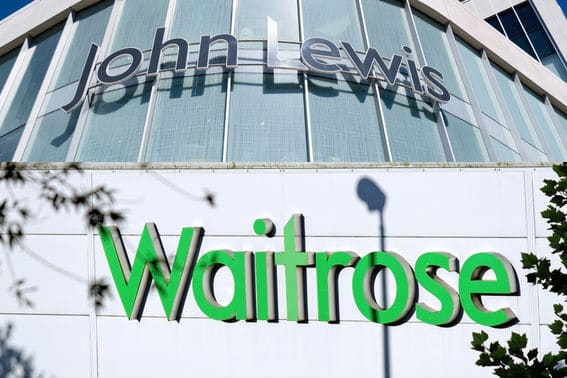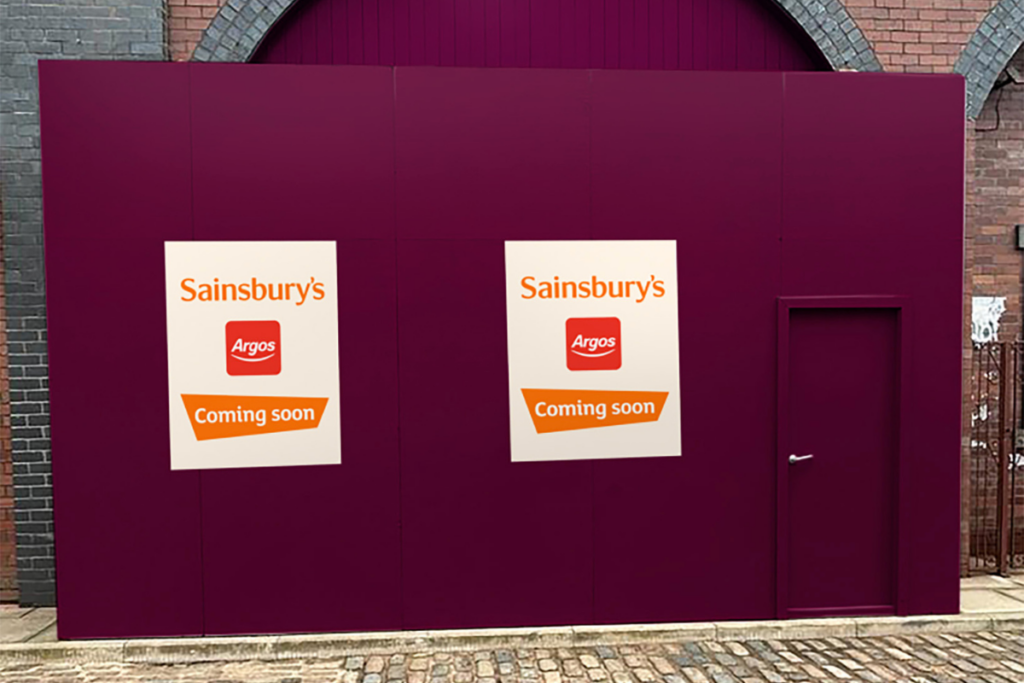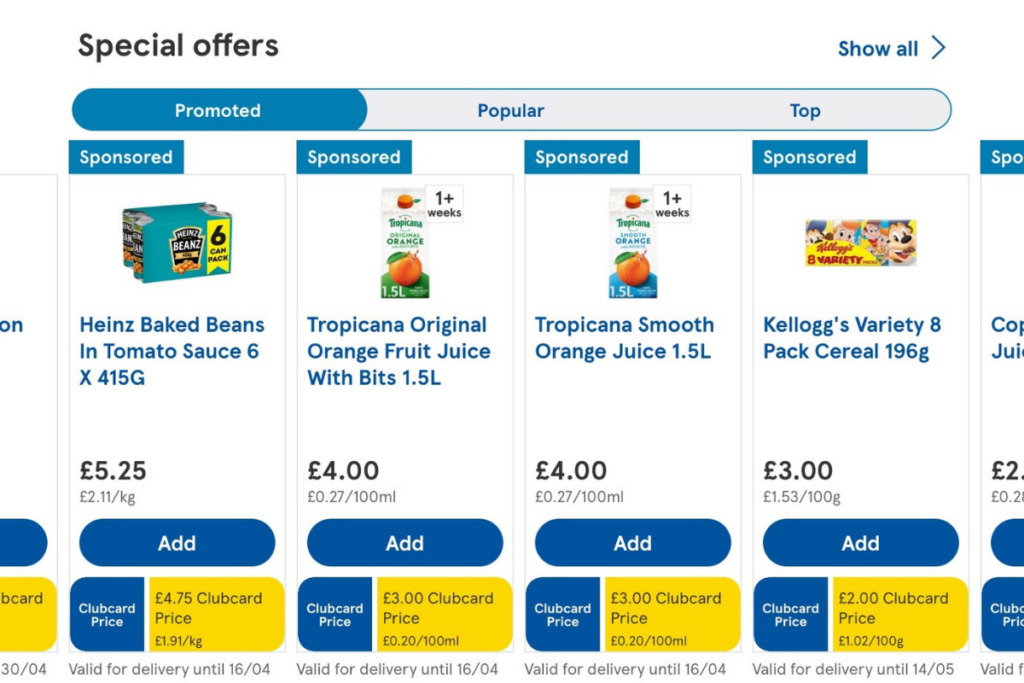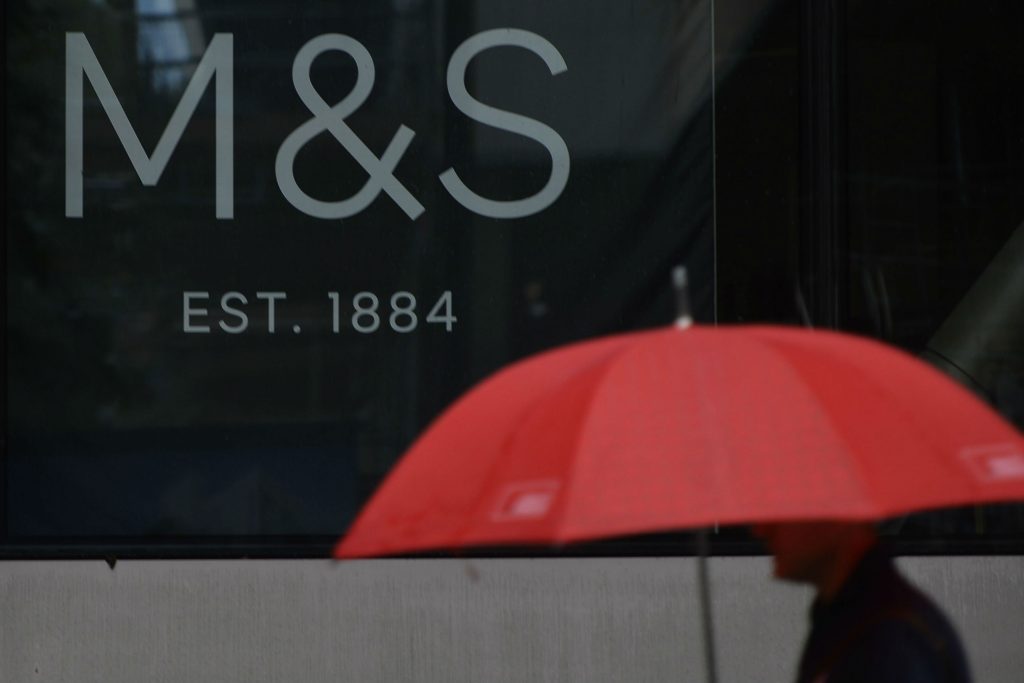// Estimated £173m business rates bill adding to pressure on John Lewis Partnership, according to Colliers
// Total estimate is made up of around £56.4m for John Lewis & £116.7m for Waitrose
// This is about 20% higher than a comparable before the 2017 valuation, when the bill was around £144m
New estimates show that John Lewis Partnership’s business rates bill is over £170 million, adding pressure on the performance of the company.
According to property consultancy firm Colliers, John Lewis Partnership’s retail portfolio is thought to be facing a business rates bill of around £173 million in the current year.
This is made up of around £56.4 million for the partnership’s John Lewis stores and £116.7 million for Waitrose.
Colliers added that this is about 20 per cent higher than a comparable before the 2017 valuation, when the partnership’s combined retail portfolio faced a rates bill of around £144 million.
READ MORE:
- Waitrose boss resigns as John Lewis Partnership outlines restructure & job cuts
- John Lewis Partnership seeks to cut costs from landlords
- John Lewis Partnership books £26m loss amid no-deal Brexit warning
The estimates emerge amid news that John Lewis Partnership has threatened to withhold some of this quarter’s service charge payments to landlords, on top of announcing its first ever half-year loss last month.
The company also unveiled plans to restructure its head office operations, whereby around one third of senior management staff will lose their jobs as Waitrose and John Lewis operations become more streamlined rather than remain as two separate entities.
Colliers said some of the partnership’s stores face “enormous” business rates bills, such as the John Lewis flagship on London’s Oxford Street which is facing a bill of around £10.4 million this year.
It’s also estimated that around 22 John Lewis stores and two Waitrose stores are paying rates bills of more than £1 million each in the 2019/20 tax year.
Colliers said that “such costs are looking increasingly unsustainable in the current climate”.
Colliers head of business rates John Webber said John Lewis Partnership’s recent half-year report – whereby it revealed a pre-tax loss of £26 million – showed that the increasing shift to online shopping, rising costs and dampened consumer confidence were all taking their toll.
“It is no wonder the company is needing to take defensive measures,” Webber said.
He added: “Whilst John Lewis is currently negotiating with landlords over the rents and even the service charges that it pays, one area of costs, business rates, is set in stone – and there is no room for manoeuvre.
“And bills are likely to continue to rise over next year too.”
Colliers estimates that John Lewis Partnership is due to pay a business rates bill of £179 million next year on current store numbers.
However, with the 2021 revaluation around the corner, it could have some reprieve in the 2021/22 year as rate bills should reflect the reduction in retail rental levels, as seen at April 2019.
Despite this, Webber said this would only kick in if the government allows values to move to their correct levels immediately and does not implement a period of transition, as it did so after the 2017 revaluation.
“It would be massively disappointing if the government shows it has learnt nothing from the current retail predicament and goes down the downward transition route as it did at the last revaluation,” Webber said.
“We need to allow retailers such as John Lewis a chance to ease their rates burdens immediately.”
“Sadly, no one in power or even the opposition seems prepared to tackle the business rates crisis despite the rhetoric.
“And they still seem to fail to appreciate that it is the bigger retailers, the chains that are the big employers in the sector.
“Maintaining a punitive tax system against the bigger retail players whilst providing relief for the smaller retailers, does little to prevent store closures and job losses as we have seen elsewhere in the market.”
A John Lewis Partnership spokesperson said: “We are proud to pay our taxes in the UK to fund public services.
“However, business taxes disproportionately fall on property and people-intensive businesses.
“We believe we need the Government to conduct fundamental review of business taxation.
“As a first step it should unblock the appeals system, that is silted up with hundreds of outstanding appeals.
“We have made a series of constructive suggestions to Parliament and the Treasury.”
Click here to sign up to Retail Gazette‘s free daily email newsletter


















